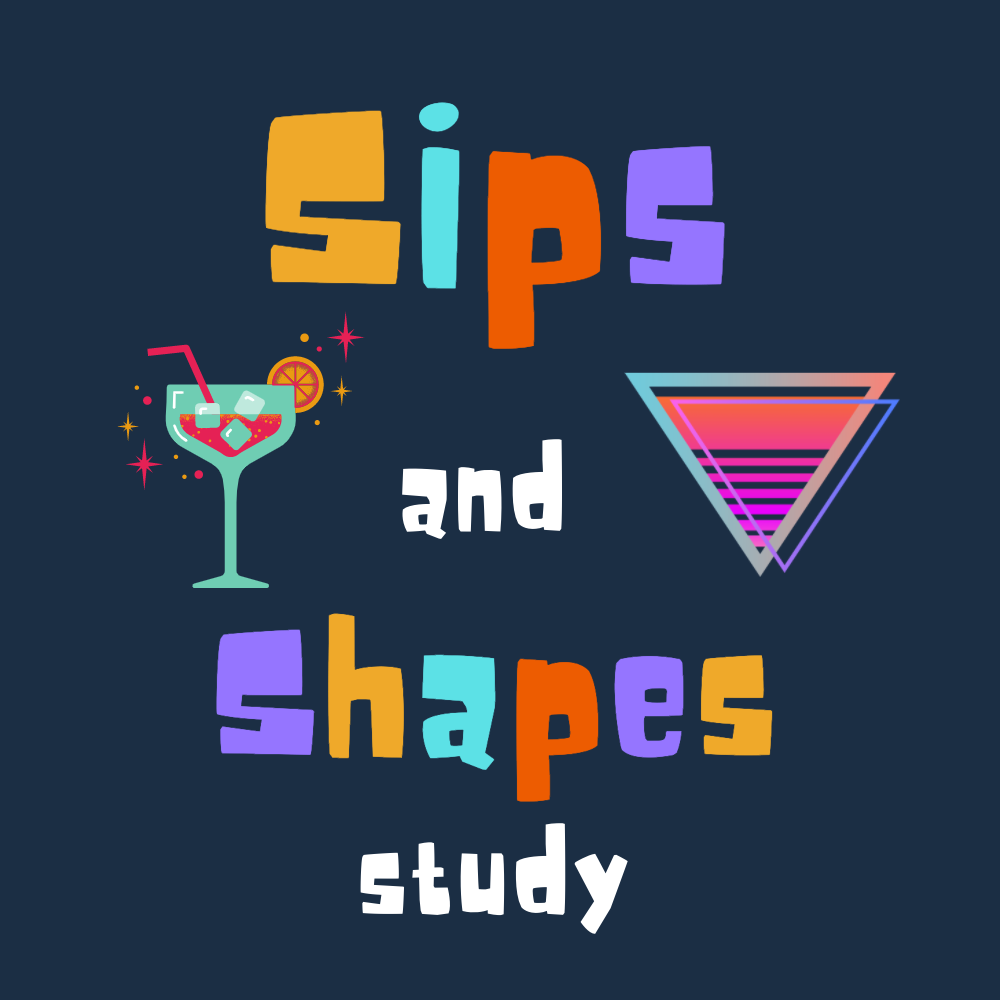Sips And Shapes Study

Despite great strides over the past 50 years in our scientific understanding of alcohol addiction, the number of people affected by alcohol misuse remains alarmingly high: according to the 2021 National Survey on Drug Use and Health in the U.S., over 29 million people ages 12 and older had an alcohol use disorder (AUD).
Decades of work in preclinical non-human animal models of AUD-relevant phenotypes have identified behavioral and neurobiological mechanisms that may drive the development of AUD or contribute to AUD relapse as well as potential interventions on those mechanisms, but their relevance to the human condition remains unclear. Translating and testing findings from preclinical models in humans is critical to establishing the relevance of those theorized neurobehavioral mechanisms to excessive alcohol use and problems, including AUD, and to the development of clinically efficacious interventions (Batman & Miles, 2015; Bickel et al 2019).
As a graduate student, I developed preclinical models of cue-triggered motivation for alcohol (Cofresi et al 2018; Cofresi et al 2019; Cofresi et al 2019) and memory reconsolidation-based treatment strategies for its persistent attenuation.(Cofresi et al 2017) As a postdoctoral fellow, I retrained for clinically-relevant neuroscience research with human subjects so that I could directly advance efforts to translate between the non-human animal and human laboratory, and ultimately, between the human laboratory and the clinic. This is the goal of my lab.